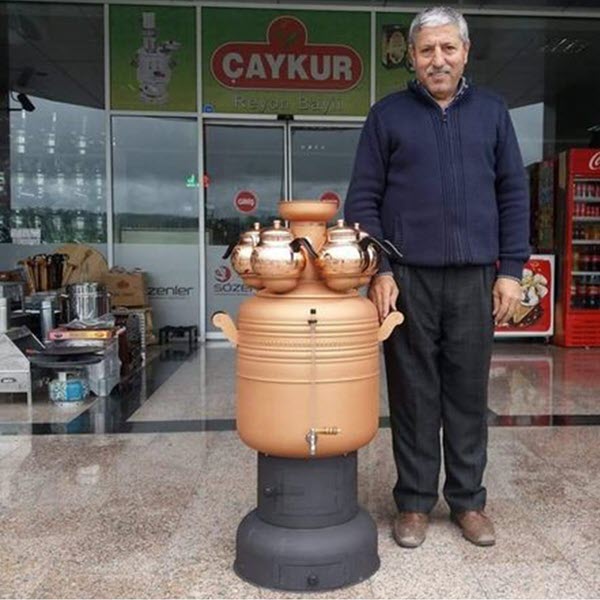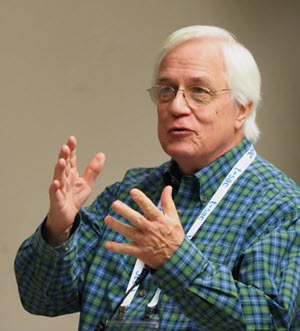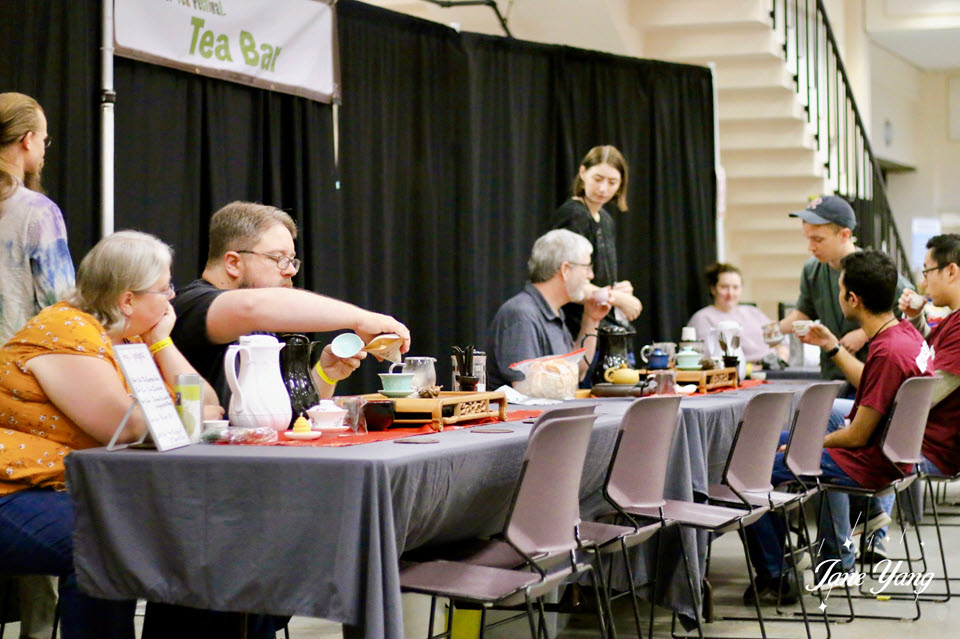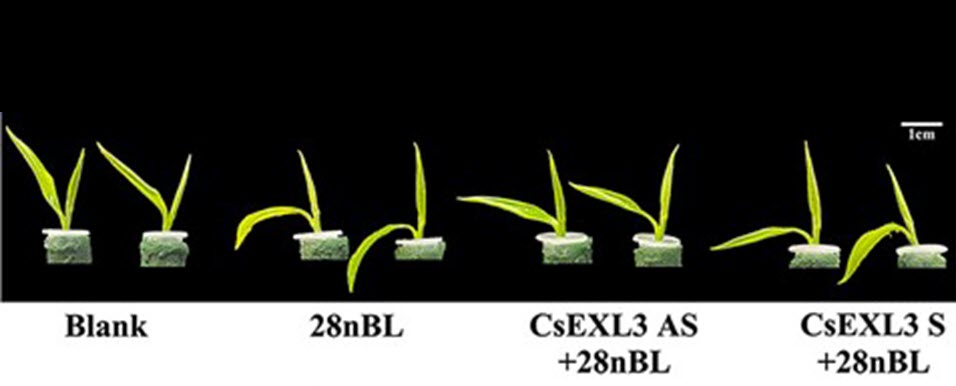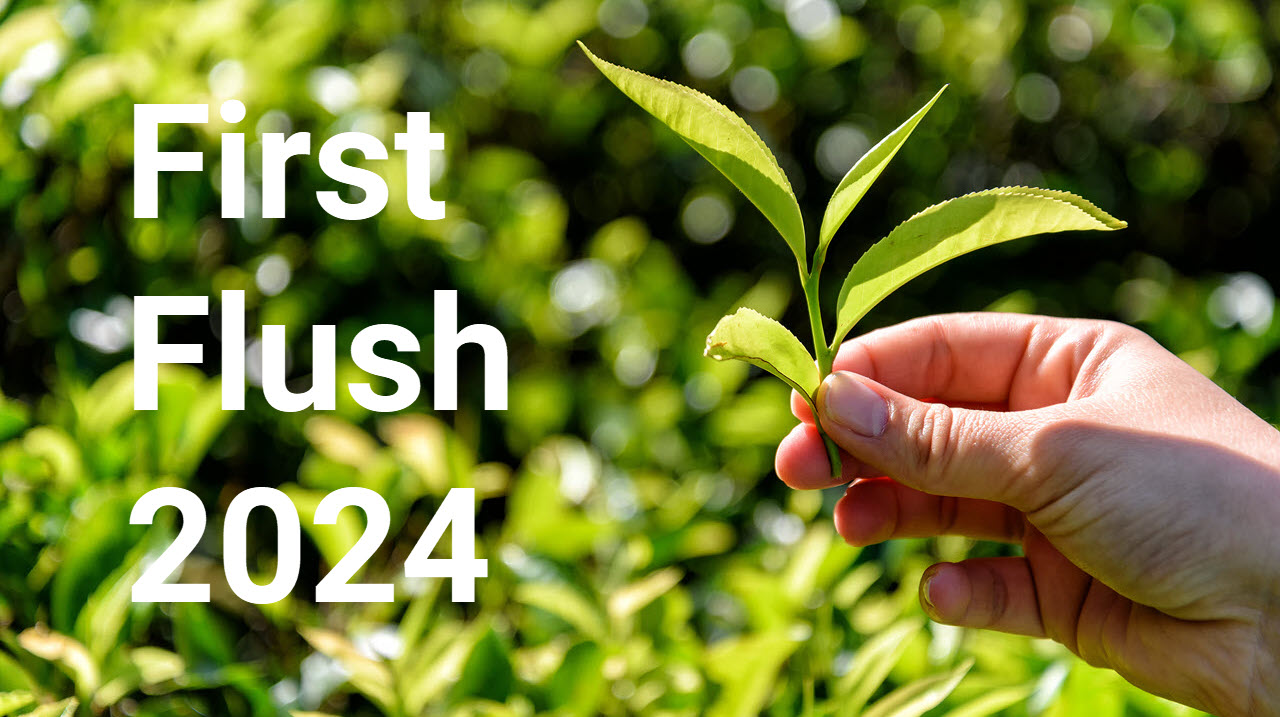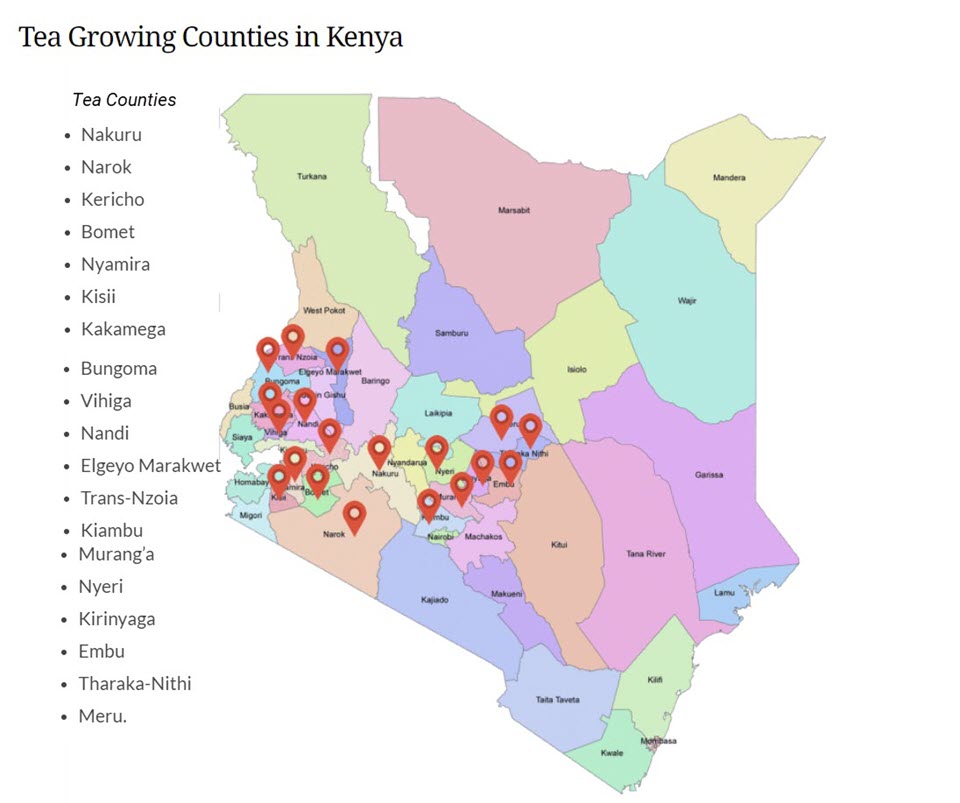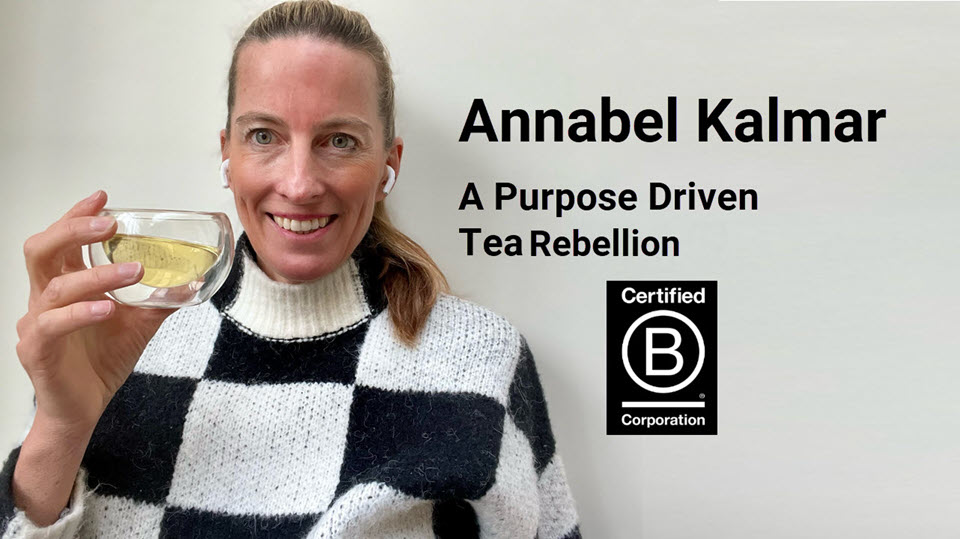Episode 186
Fifty years ago, three industrious Turkish brothers in Havza, near Türkiye’s tea-growing region along the Black Sea, fabricated a modern chromium steel version of the traditional samovar. These storied vessels, fired by wood or coal, brew tea while keeping large volumes of hot water on tap.
The Sözen brothers were skilled copper, bronze, aluminum, and steel metalworkers. Their compact, easily disassembled design for Sözenler Semavers (the Turkish word for tea-urn) is now the nation’s most popular brand.
Listen to their story
Powered by RedCircle
Spotlight
Socializing Lakeside over Samovar Tea
Years ago, my wife, Susan, presented me with a four-liter Sözenler samovar, ideally suited for enjoying the setting sun. We set it up under the flagpole at our family cottage on Lake of the Woods, a deep and clear 300-mile-long lake in Western Ontario.
In September, as the summer days shorten and the sun begins to fade, our grandchildren stuffed kindling and split pine branches to stuff into the samovar’s gated furnace. We toasted marshmallows before I placed the reservoir over the fire. Next, I extend the chimney. The young boys stoke the furnace with hardwood hickory chips until it burns red hot. Then, I scoop a fine Ceylon tea into a metal teapot that sits neatly in flue amid a steady stream of steam from the boiling reservoir.
Once the tea is brewed into a potent concentrate, we pour it into tin cups and add hot water, sugar, jam, honey, and cream. Unlike an English teapot, everyone can dilute the tea to their taste. Strong or light, creamy or clear, the tea tastes lovely as we sit back in our Adirondack and bid farewell to the sun.
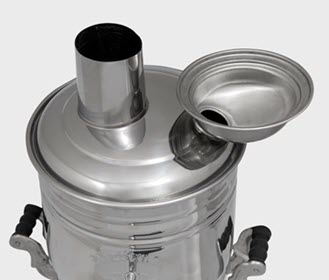
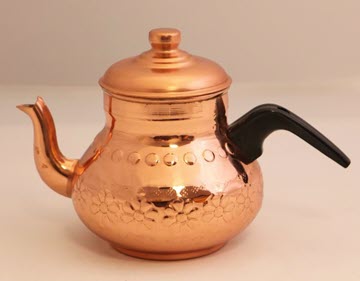
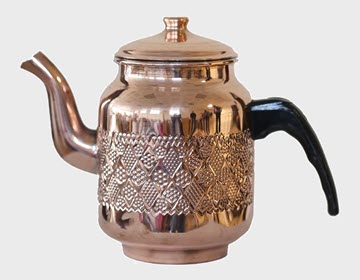
Ornate Russian samovars, whose name is derived from “camo” samo, meaning “self,” and “varit,” meaning “to boil’,” are better known, but samovars were invented in Central Asia. The utilitarian, easily disassembled version originated in Bukhara, Türkiye. Caravans carried samovars to the Caucasus, where different styles evolved in Russia, Iran, East and Far East Asia, and Anatolia. Turkish samovars are seen at weddings, family picnics, public ceremonies, and outdoor social gatherings in sizes up to 50 liters, with flues supporting four large teapots.
Co-founder Azmi Sözen writing on the company website, describes Sözenlar samovars as “especially for picnics, evening chats, hosting guests specific to Turks, village houses, weddings, associations, and coffee houses. Samovar tea is very famous, and it is drunk in palaces, mansions, hunting parties, and special ceremonies.”
The first documented Russian samovars appeared in the mid-18th century. By 1778, the craftsmen in Tula, located about 200 kilometers south of Moscow, were famous for producing heavy urns of ornate sterling silver, bronze, and distinctive copper teapots. Symbols of Russian hospitality and domesticity, Samovars were family heirlooms.
In paintings, copper and bronze samovars with a capacity of 5 to 15 liters appear at the foot of the table, spread with cakes, sugar tongs, and jam, with young and old in conversation over tea.
Persian samovars can be seen in chaikhanas (chaykanas – tea houses) in Tehran, Tabriz, and Isfahan. “Samovar is an indispensable pleasure of Islamic society during Ramadan and long winter nights,” writes Azmi.
Azem, Adem, and Azmi Sözen began making samovars in a small workshop in 1974 and have since expanded to a 6,000-square-meter factory with a public showroom and warehouse. “Our company, which accepts quality as a way of life, has established its power, discipline, self-sacrificing, and reliable trained masters and employees,” according to Sözenler.
“Market expansion did not occur spontaneously,” writes Azmi, but growth continues worldwide. Our mission is to popularize the samovar culture inherited from our ancestors and to pass it on to future generations,” writes Sözenler
“Tea is not just a drink of pleasure but also a culture. Poems, folk songs, and odes were sung in samovar tea ceremonies, which gave people peace and preserved their place in memories.”
Our company, which set out with this understanding, is primarily aware that it is a part of this culture and has increased its production every day to carry the cultural and historical heritage to future generations over time.

Sign up to receive Tea Biz weekly in your inbox.
- Photos via Sözenler website

